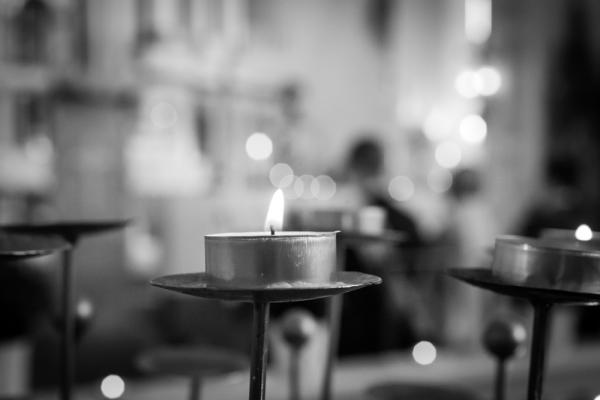The purpose of spiritual disciplines is not to earn brownie points but to restore or renew relationships. God seems most concerned to restore relationships that are most broken in society. This means that the outcry for justice from the Black Lives Matter movement provides an opportunity for the renewal of the church. The “Spiritual Practices for Confronting Racial Bias” presented by copastors Rebecca Steele and Larry Watson were these: gather in small groups that are 1) half black and half white, 2) half poor and half not poor, and 3) have a small stewardship team that redistributes tithes and offerings to those in need.
Those are indeed spiritual disciplines. And they were like the spiritual disciplines of the early church whose members not only brought tithes and offerings but they also sold possessions and brought the proceeds for redistribution among those who had financial needs (Acts 2:45). This same church, when one group (Gentiles) complained about discrimination in widows’ support, gave all the distributive power to the discriminated against (Acts 6:1-5).
Read the Full Article

